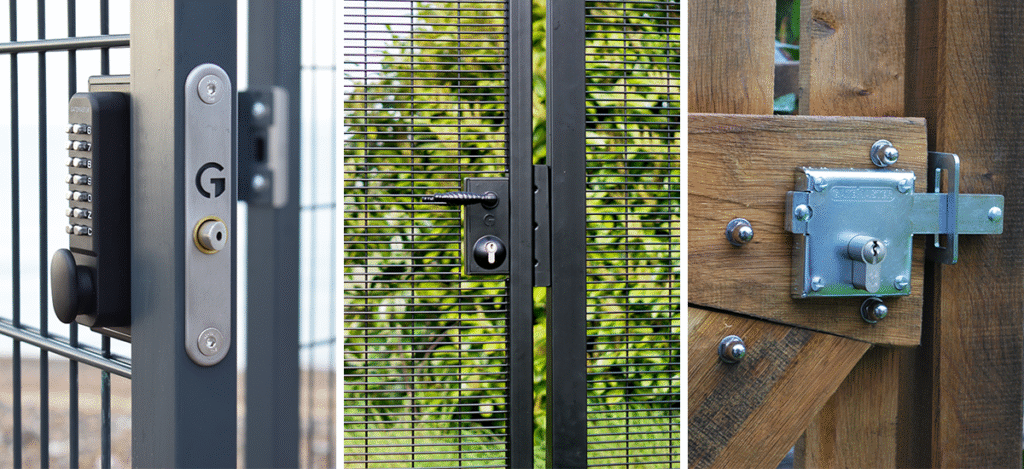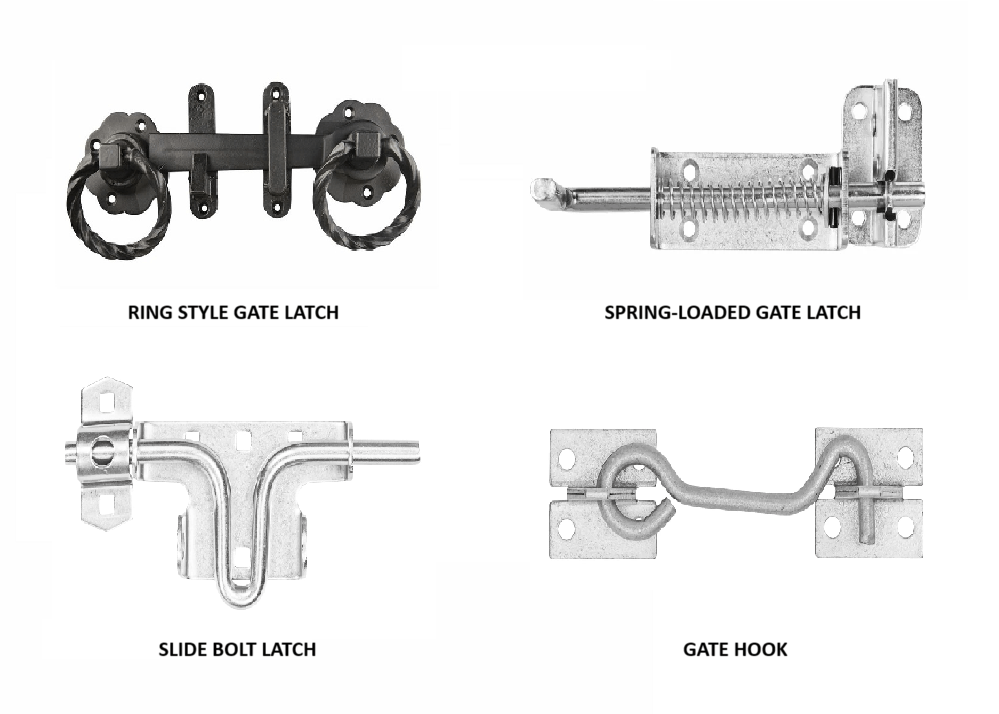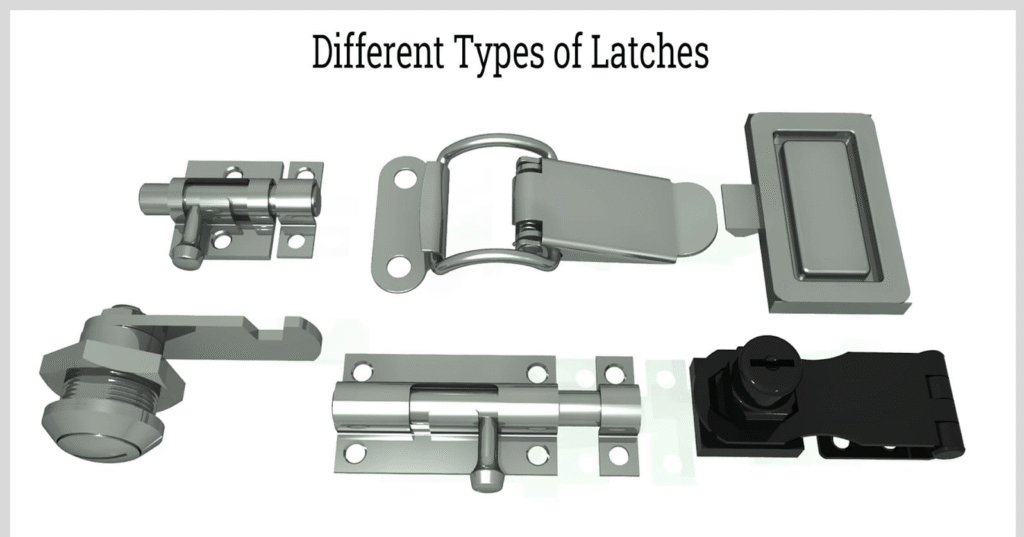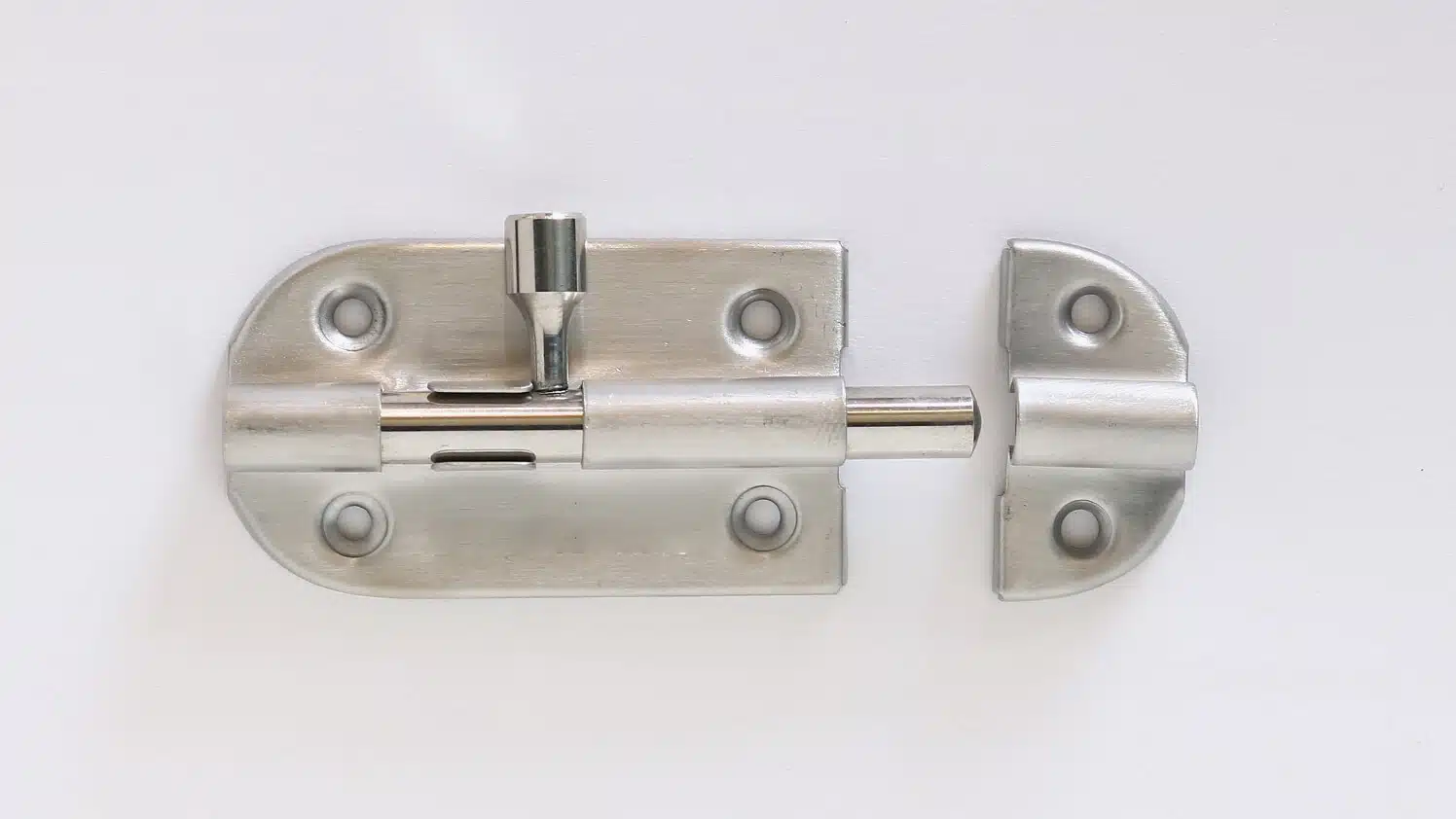Latch locks for gates are a small but essential part of any outdoor access point. Whether fitted to a garden gate, side entrance, driveway, or utility gate, the right latch lock ensures the gate closes correctly, stays secure, and remains easy to use over time. A poorly chosen or badly installed latch can cause constant frustration, while the right one improves safety, access control, and durability.
Modern latch locks for gates are no longer limited to simple hook mechanisms. Today’s options include traditional designs, heavy-duty locking systems, and self-locking solutions designed for safety-critical areas. Understanding how these latches work, what they are best used for, and how to install and maintain them correctly makes a significant difference to long-term performance.
What Latch Locks for Gates Are Designed to Do

Latch locks for gates are mechanical devices that hold a gate closed by engaging a latch bar, bolt, or catch when the gate meets the post or frame. Unlike full door locks, many gate latches prioritise quick operation while still providing a reliable closing mechanism. This balance makes them suitable for gates that are used frequently throughout the day.
Some latch locks rely on manual operation, while others engage automatically when the gate closes. More secure versions include lockable features, allowing the latch to be secured with a key or padlock. The correct choice depends on how much security is required and how the gate is used in everyday life.
Common Types of Latch Locks for Gates
There is no single latch that works for every gate. Each latch type has strengths and limitations depending on the environment, gate material, and security needs.
Suffolk latches are a traditional option commonly used on wooden garden gates. They operate using a thumb press on one side of the gate that lifts a latch bar on the opposite side. Suffolk latches are valued for their simplicity, durability, and classic appearance. They work best on lightweight to medium-weight gates where appearance and ease of use are priorities rather than high security.
Ring latches use a circular handle connected to a spindle that lifts the latch bar when turned. They can usually be operated from both sides of the gate, making them convenient for garden paths and shared access points. While easy to use, ring latches provide limited security on their own and are often paired with a secondary locking method when additional protection is required.
Thumb latches are similar in function to Suffolk latches but often include decorative backplates and longer handles. These are commonly chosen for gates where visual style matters, such as cottage gardens or period properties. They are suitable for regular use but should not be relied upon as a sole security measure.
Automatic and self-locking gate latches engage without manual input when the gate closes. These are particularly useful for areas where gates must never be left open, such as gardens with pets, child-safe spaces, or pool enclosures. Many automatic latches are designed to work with gate return springs, ensuring consistent closure even in windy conditions.
Slide bolts and Brenton bolts offer a more robust solution. These latches involve a solid metal bolt that slides into a fixed catch and can usually be padlocked. They are well suited to side gates, driveways, and utility gates where increased security is needed, though they are often only operable from one side.
Mortice gate latches and locks are fitted into the edge of the gate itself, creating a neat and secure finish. These systems are commonly used on heavier wooden or metal gates and offer higher security when combined with handles and locking cylinders.
Choosing the Right Latch Lock for Your Gate

Selecting the right latch lock for gates starts with understanding how the gate is used. A decorative garden gate may only need a simple latch to prevent it swinging open, while a side access gate may require a lockable latch to restrict entry.
Gate material plays a major role in latch selection. Wooden gates often work well with Suffolk latches, ring latches, and thumb latches, while metal gates typically require heavier-duty latches designed to handle greater weight and rigidity. The size and weight of the gate should always match the latch’s strength rating to avoid premature wear.
Security requirements vary depending on location. Gates facing public paths, shared alleys, or rear access routes benefit from lockable or self-locking latch systems. Private garden gates may prioritise ease of use instead. Choosing the correct latch ensures both practicality and peace of mind.
Materials and Weather Resistance

Latch locks for gates are constantly exposed to the elements, making material choice critical in the UK climate. Galvanised steel is one of the most reliable options due to its resistance to rust and corrosion. Powder-coated steel also performs well outdoors, offering additional protection and a cleaner finish.
Cast iron and wrought iron latches are popular for their strength and traditional appearance, but they require periodic maintenance to prevent corrosion, especially in damp or coastal areas. Stainless steel latches provide excellent resistance to weathering and are ideal for modern properties or locations exposed to high moisture levels.
Selecting a latch with suitable fixings is just as important as the latch itself. Outdoor-rated screws and bolts help prevent loosening and corrosion over time.
Installing Latch Locks for Gates Correctly
Correct installation has a direct impact on how well a latch performs. Misalignment is one of the most common causes of gate latch failure. The latch bar and catch must meet cleanly when the gate closes, even if the gate expands or contracts slightly due to weather changes.
The height of the latch should be comfortable for regular use while remaining appropriate for safety needs. For child-safe or pet-secure gates, latches are often positioned higher to prevent accidental opening. Fixings should be tightened securely without stressing the gate material, particularly on wooden gates that may shift over time.
For more complex systems such as mortice latches or self-locking mechanisms, professional installation can help ensure long-term reliability and smooth operation.
Maintaining Latch Locks for Long-Term Use

Regular maintenance extends the life of latch locks for gates and helps avoid unexpected problems. Dirt and debris can build up around latch components, especially on gates exposed to mud or vegetation. Cleaning the latch periodically prevents stiffness and wear.
Moving parts should be lightly lubricated with a weather-appropriate lubricant to reduce friction and protect against rust. Fixings and alignment should be checked occasionally, particularly after winter, when gate movement is more likely. Addressing small issues early helps maintain both security and usability.
Benefits of Using the Right Latch Lock
A well-chosen latch lock improves more than just security. It ensures the gate closes properly, reduces strain on hinges, and makes everyday use smoother. Latch locks are quick to operate, making them ideal for busy households and shared access points.
Their versatility is another major advantage. With a wide range of styles, materials, and security levels available, latch locks can be matched to almost any gate type or setting. When combined with additional locking features, they form part of an effective layered security approach.
Conclusion
Latch locks for gates are a fundamental part of gate performance, affecting security, convenience, and durability. Choosing the right latch type, material, and installation method ensures the gate functions reliably in all conditions. From simple garden latches to heavy-duty locking systems, the correct solution depends on how the gate is used and the level of protection required.
By understanding latch types, selecting weather-resistant materials, and maintaining the mechanism properly, you can ensure your gate remains secure and easy to use for years to come.
Frequently Asked Questions
What is the best latch lock for a wooden garden gate
Traditional options such as Suffolk latches, ring latches, and thumb latches work well on wooden gates, provided they are correctly sized and installed.
Are latch locks secure enough on their own
Basic latches provide closure rather than high security. For added protection, choose lockable or self-locking latch systems or combine the latch with a padlock or gate lock.
Do automatic gate latches need maintenance
Yes. Automatic latches should be checked regularly to ensure smooth engagement, especially if used with gate return springs.
Which latch material lasts longest outdoors
Galvanised steel and stainless steel offer the best resistance to corrosion and are ideal for long-term outdoor use in the UK.
You may also read: Buying Guide: Where to Find Quality Brass Door Knobs

